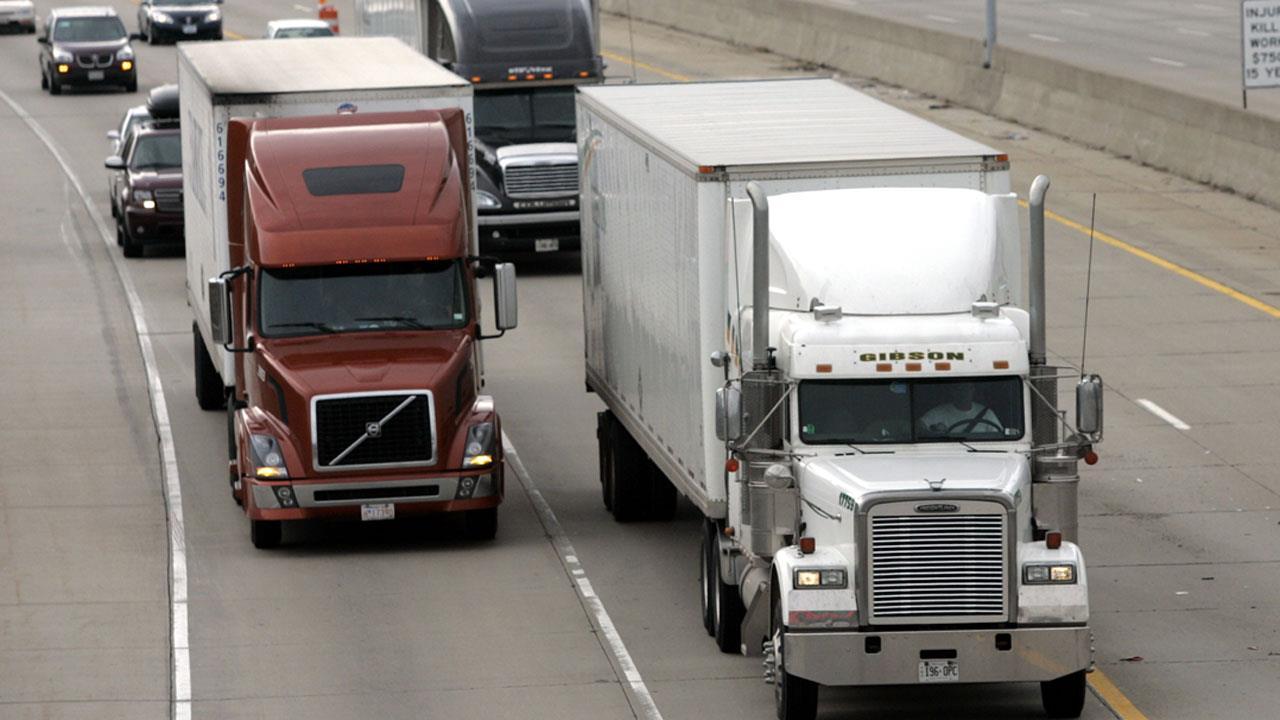Trump delivers infrastructure plan: A hike in user fees to follow?
The White House announced an infrastructure revamp proposal on Monday that could lead to higher user fees for consumers at the state and local levels.
The plan, which calls for $1.5 trillion in spending over the course of a decade, relies heavily on states to attract outside private investment to fund major projects. The federal government will commit $200 billion to the effort, and provide grants to states with proposals that can attract additional investment opportunities. For the majority of projects, federal funds are to be used to pay for a maximum of 20% of the cost, a big reversal from the current policy where taxpayer money can account for as much as 80% of highway repairs.
To make up for the difference, taxpayers could see a rise in transit fees, toll prices or even the gasoline tax.
“Congressional leaders and the president must reach out to American drivers and explain clearly that a true transformation of our highway infrastructure will cost money,” Greg Cohen, president and CEO of the American Highway Users Alliance, said in a statement. “Small annual increases in fuel taxes or other equivalent user fees will be needed but worth the cost … Good roads cost money but bad roads cost more."
The federal fuel tax has not been raised since 1993. The current rate is set at 18.4 cents per gallon and has not kept pace with inflation. Chris Spear, the CEO and president of the American Trucking Association, told FOX Business on Monday that the fuel tax should be raised by five cents per year over the course of four years, which he said will raise $340 billion.
These fees may be a small price to pay for giving states more leeway to develop projects catered to individualized needs.
“User fees such as tolls and fares provide a much better means of funding these projects than general tax dollars,” Ryan Bourne, R. Evan Scharf chair for the Public Understanding of Economics at the Cato Institute, told FOX Business. “Investment is far more likely to be responsive to needs if financed and delivered at a local level rather than with federal funding.”
Bourne also added that the people who will be paying increased fees will “overwhelmingly” be the same people benefitting from improved infrastructure.




















